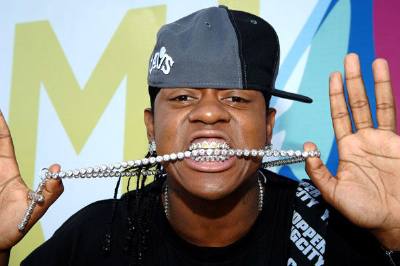|
English Language
|
Knuckleheads?

Speaking about responsibility and parenting amongst the black American underclass, at the 50th Anniversary of the Brown vs Topeka Board of Education Supreme Court Decision,* Dr. William Henry 'Bill' Cosby, Jr. said:
It’s standing on the corner. It can’t speak English. It doesn’t want to speak English. I can’t even talk the way these people talk. And I blamed the kid until I heard the mother talk. Then I heard the father talk. This is all in the house. You used to talk a certain way on the corner and you got into the house and switched to English. Everybody knows it’s important to speak English except these knuckleheads. You can’t land a plane with “why you ain’t…” You can’t be a doctor with that kind of crap coming out of your mouth. There is no Bible that has that kind of language. It’s not what they’re doing to us. It’s what we’re not doing. 50 percent drop out. Look, we’re raising our own ingrown immigrants. These people are fighting hard to be ignorant. There’s no English being spoken ... |
Other examples
of Black American English include:
Why you ain't?
Where you is?
What he drive?
Where he stay?
Where he work?
Who you be...?
Is what they are saying, English? If so, what kind of English?
Is it "correct" English - and if it is not "correct" what is "correct"?
What does he mean by "Bible English"?
Is it true - and should it be true - that you can't get a good job without speaking "correct English."
What are the "correct" equivalents of the six examples above? Where would those "correct" examples be heard?
Why do people say "what he drive" instead of "what does he drive" or "what is he driving"? Is it a misunderstanding of grammar, or adherence to a different grammar? Is it an error or is it a deliberate use of another grammar? Why?
Do black Americans, whose forebears fought against slavery and for civil rights, have a moral responsibility to make the most of themselves in today's America? Does the same apply in the UK?
* [Brown v. Board of Education of Topeka, (1954) was a landmark decision of the United States Supreme Court, which overturned earlier rulings ... by declaring that state laws that established separate public schools for black and white students denied black children equal educational opportunities. This victory paved the way for integration and the civil rights movement.]
|
|